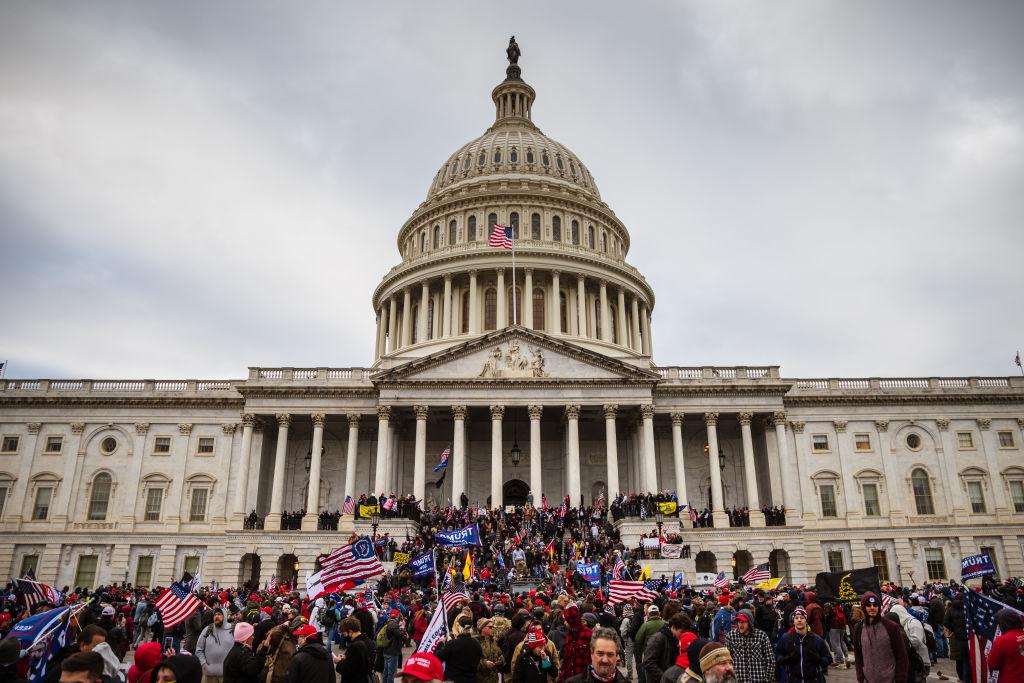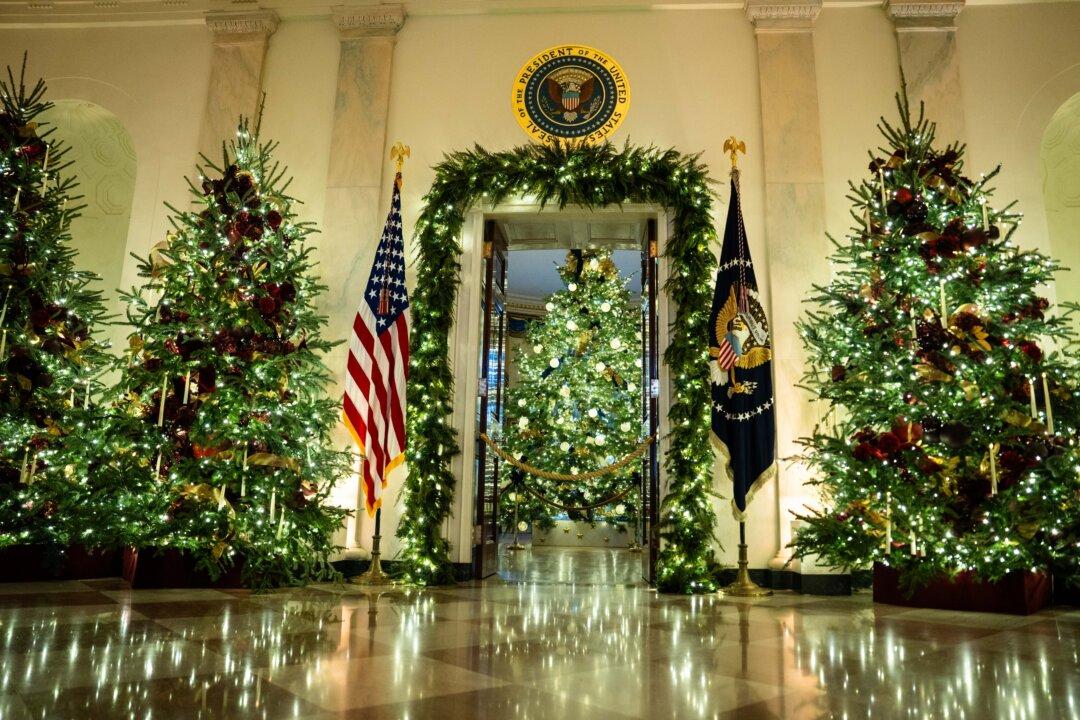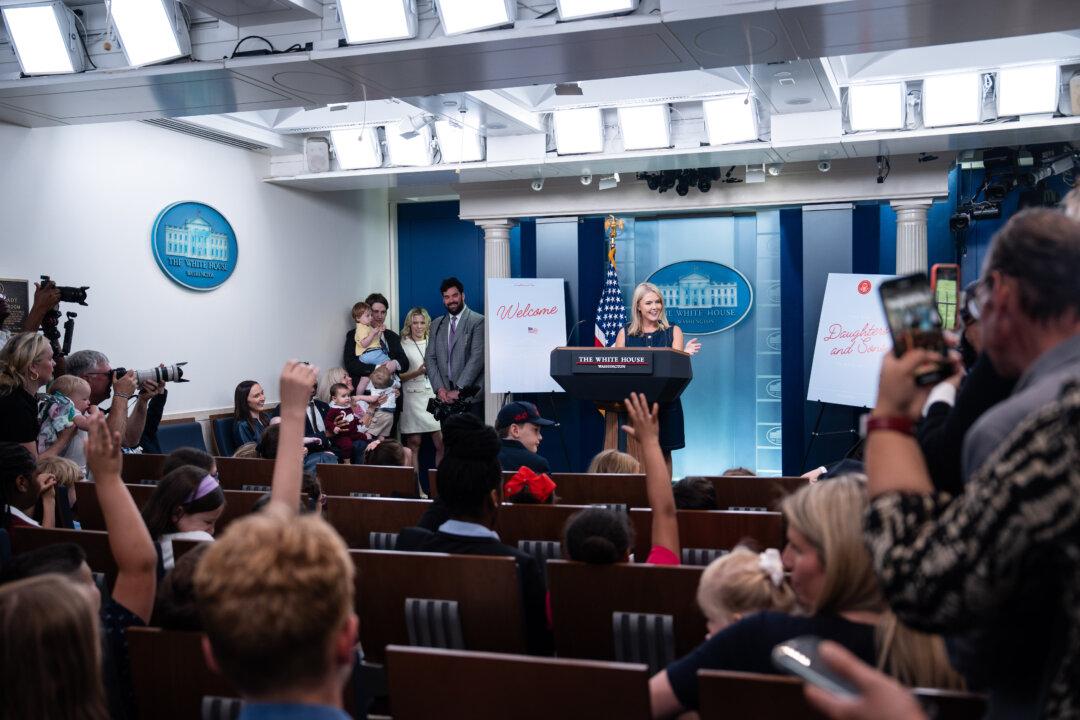WASHINGTON—Stewart Rhodes, founder of the Oath Keepers militia group, was found guilty by a jury on Nov. 29 of seditious conspiracy connected to the events on Jan 6, 2021.
One co-defendant, Kelly Meggs, was also found guilty of seditious conspiracy on Tuesday, while three others—Kenneth Harrelson, Jessica Watkins, and Thomas Caldwell—were acquitted of that charge.





